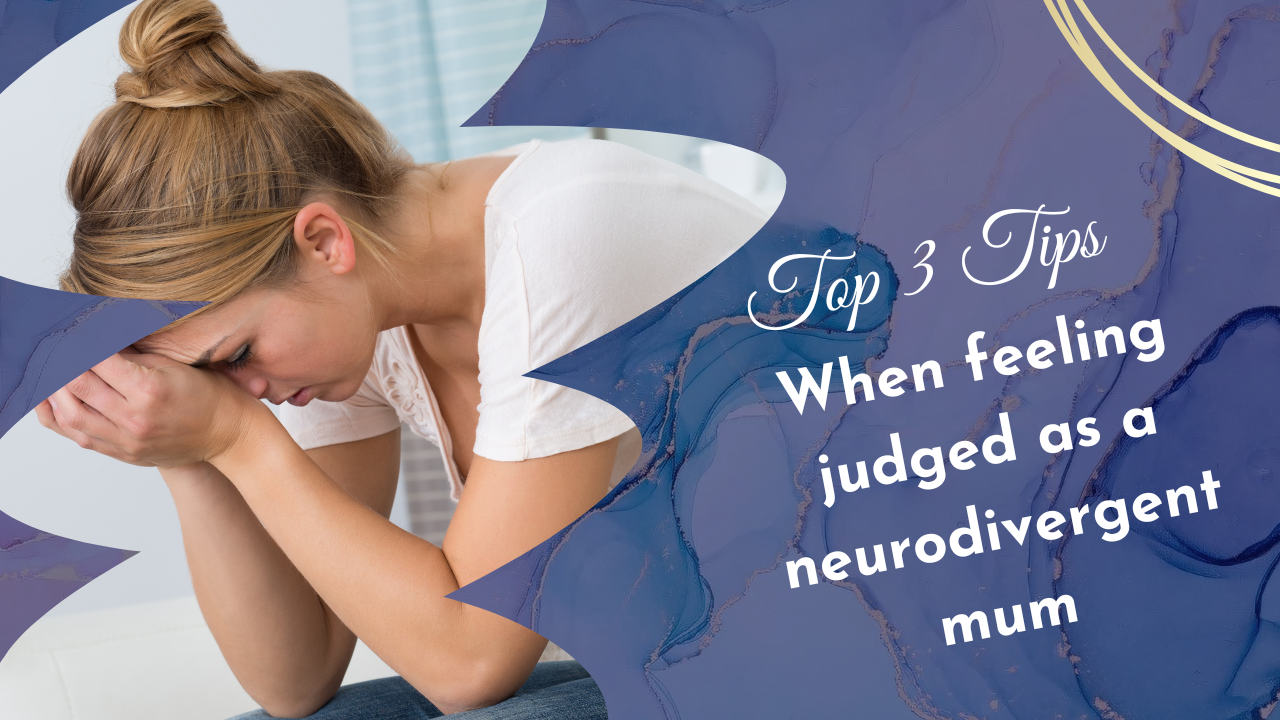On The Blog
As parents, we want our homes to be a place of connection and calmness, where our children feel safe, secure, and supported. While there are many ways to create a nurturing home environment, one approach that is often overlooked is the use of sensory processing strategies.
Sensory processing refers...
As human beings, we all experience moments of stress, anxiety, and emotional overload. However, for neurodivergent children, these moments can be particularly challenging to navigate. In this blog, we will explore the difference between overwhelm and dysregulation, and how parents can support their ...
Sensory processing difficulties can significantly impact a child's experience in school. Sensory trauma can occur when a child experiences intense or prolonged sensory input that is overwhelming or distressing to them, leading to anxiety, avoidance, and negative associations with school. Even more s...
As a neurodivergent parent, it can be easy to become overwhelmed by the demands of daily life, after working with families for years, I get it! Whether it's managing work, caring for a family, or simply trying to keep up with the demands of a busy schedule, it's easy to feel like there's never enoug...
Hey there, neurodivergent mums! Being a mum is tough enough as it is, but when you add neurodivergent parenting into the mix, things can get even more challenging. One of the biggest struggles that many of us face is the fear of judgment from others. Whether it's well-meaning family members or judgm...
Occupational therapy is a healthcare profession that focuses on helping people of all ages and abilities to participate in activities that are meaningful and important to them. It can be particularly helpful for neurodiverse children and their families, who may face challenges with sensory processin...
Hey parents of awesome neurodivergent kiddies!
Easter weekend is here and we know it can be a little overwhelming for both you and your child. But don’t worry, we’ve got some fun tips to help you achieve co-regulation - that’s just a fancy way of saying we’re going to help you both chill out and ha...
Easter weekend is a time where we can do different family activities. Integrating regulatory activities into the weekend will help support regulating children's nervous systems whilst building connections and having fun with each other, Here are my top 10 activities for this easter weekend!
- Bunny ...
Understanding the Polyvagal Theory: A Simple Guide for Parents of Children with Additional Needs
As a parent of a child with additional needs, you may have come across the term "polyvagal theory" in your search for ways to support your child's emotional and behavioral challenges. While the theory m...
Starting a sensory informed lifestyle for neurodivergent children can seem overwhelming, but it's a journey that can be approached step by step. Here are some tips to get started:
- Understand Your Child's Sensory Needs
The first step to creating a sensory informed lifestyle is to understand you...
Hey everyone, I have had a lot of questions about the difference between a sensory diet and a sensory lifestyle so let's do this!
Let's start with the concept of a sensory diet. A sensory diet is a term used in the occupational therapy to describe a customized set of sensory activities or exercise...
When you have a child with sensory processing difficulties it can influence their engagement in everyday activities, their mental health and well-being as well as their confidence and self esteem. For many years throughout my career, I supported these in the home environment through home programmes,...














